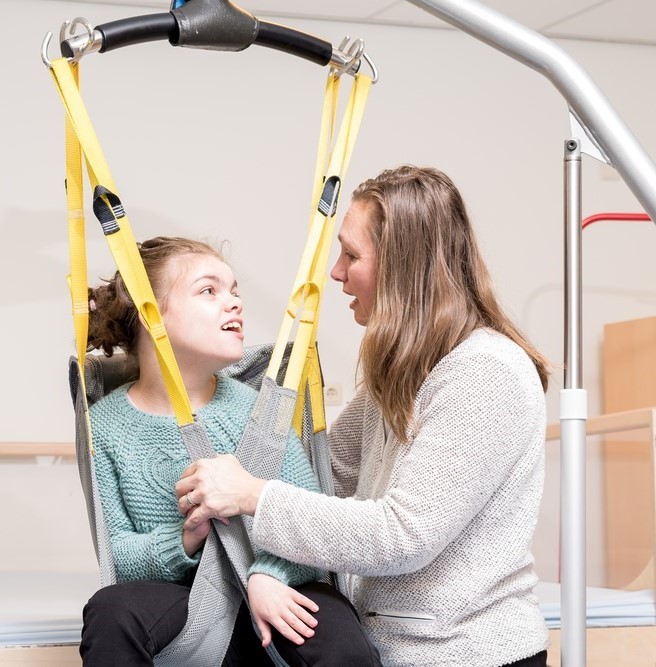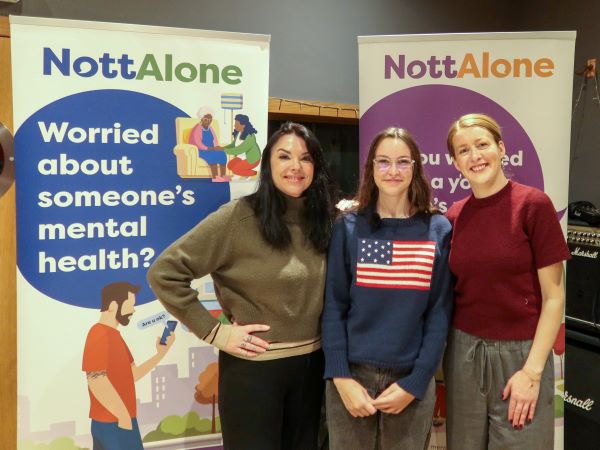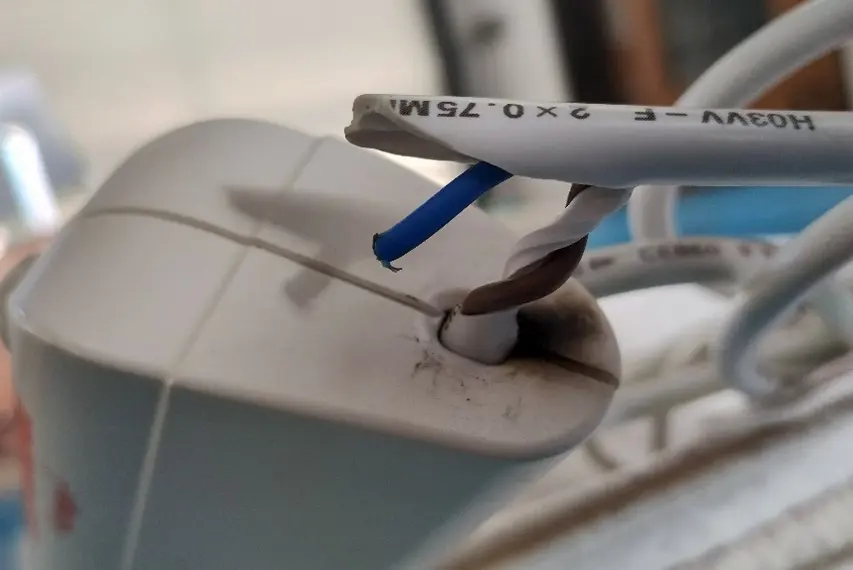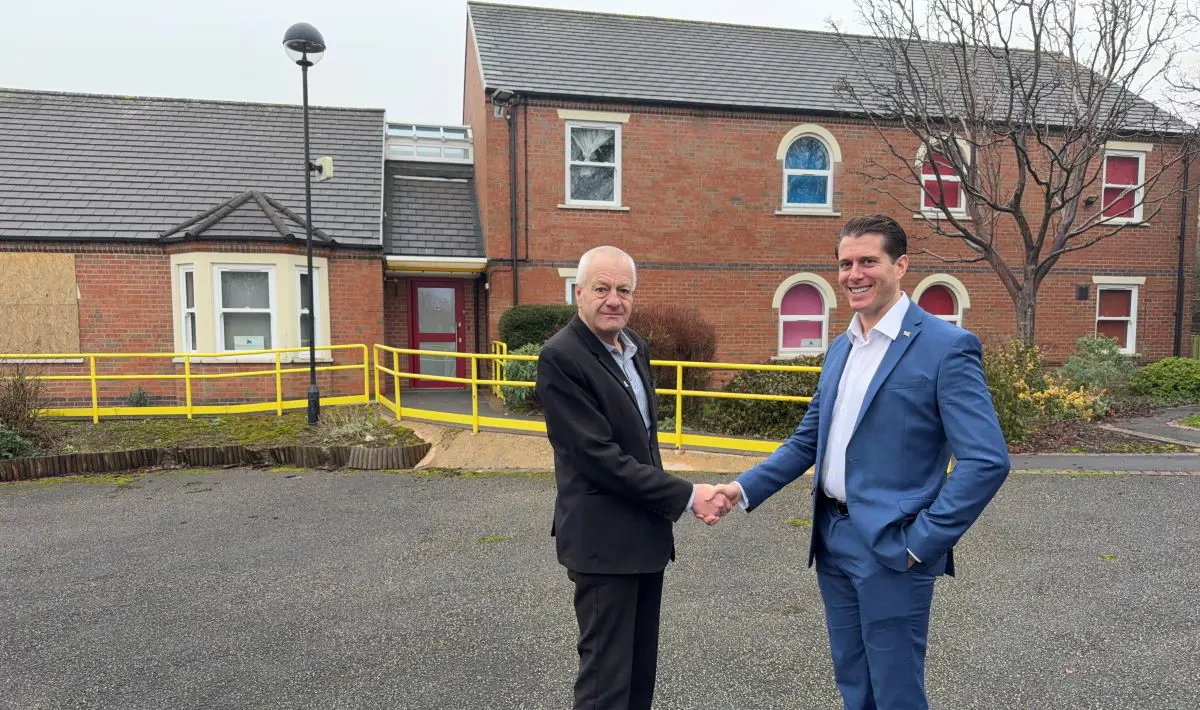Social Work Students
Students are one of our most important assets as a Teaching Partnership, and we want to make sure that you get all the support you need as you progress through your social work training. So we’ve included a range of information below, which will hopefully give you some useful tips and advice, as well as opening your eyes to the broad range of jobs that you can do once you’ve qualified!
Routes into Social Care
What are the different routes into social work?
University
This route might involve either a 3-year (BA) or 2 year (MA) qualification course, with work-based placements in years 2 and 3 for the BA course, and in both years 1 and 2 for the MA course. You would be trained as a generic social worker and could opt to work in either children’s social care or in adults social care. The entry requirements and admissions processes for each university may vary slightly, so it’s worth checking this out on their website before you apply.
The three universities within the Partnership are Nottingham Trent University, the University of Nottingham and the University of Derby. You can find out about them by clicking on the links below:
Nottingham Trent University
- Find out about and apply for BA Social Work at NTU
- Find out about and apply for MA Social Work at NTU
University of Nottingham
- Find out about and apply for BA Social Work at UoN
- Find out about and apply for MA Social Work at UoN
University of Derby
Open University Degree
OU presents the learner with the option to remain in employment, whilst studying part-time (usually evenings and weekends). This can be a useful option for those with existing financial responsibilities – a family, mortgage etc. – who are not in a position to be without an income.
Because it’s usually undertaken part-time, it can take longer to achieve your degree with OU, but the benefit lies in being able to remain in work whilst studying. OU currently offer a BA (Hons) in Social Work, and a Post Graduate Diploma in Social Work.
Step Up to Social Work
This is a 14-month Government funded programme that sponsors a fixed number of individuals each year to undertake social work training – with a focus on children’s social care. You would need to have at least a 2:1 degree (in any discipline), and some experience of having worked with children, young people & families (either paid or voluntary). You would be paid a bursary of £19,833 each year, whilst undertaking the Step Up programme, and would be placed within a Local Authority for your 170 days of work-based experience.
Frontline
This route into social work is aimed at existing graduates or those seeking to make a career change, and operates somewhat differently to the conventional university route. It is focussed on training the individual to work in children’s social care.
Following a five-week residential training programme, you will spend two years working in a local authority children’s services department, where you will start building your experience by working directly with children & families. The first year qualifies you as a social worker through direct work with children and families. In the second year you will work as a newly qualified social worker responsible for your own caseload, and will complete a fully-funded masters qualification.
Social Work Apprenticeship
You can now undertake a degree-level apprenticeship in social work and most local authorities are taking on apprentices to train up as social workers. However, in a lot of cases, these opportunities may be offered to existing internal staff who wish to progress into social work from other types of support roles. Private and voluntary organisations are also offering social work apprenticeships – so it’s worth checking out what options you might have if you’re thinking of taking this route into social work practice. You can find out more about the apprenticeship standard and the Skills for Care website also has some useful information.
Placements
When will I go on my first placement?
Whilst you may go on some day visits to social work settings during your first year, your formal student placements will take place in your second and third years of training (unless you are undertaking an M.A. course, in which case you will have placements in both year 1 and year 2).
Will I have a choice about where I do my placements?
Universities are reliant on local social work employers to provide placement opportunities for their students, and clearly these employers will have their own limitations in terms of the numbers of students they can accommodate – so, whilst your university or training provider will do their best to accommodate your preferences for placements, you may need to be a bit flexible about your options, depending on what is actually available locally.
It’s a good idea to build in some variety to your placement experiences, so that you get a broad overview of the different types of social work, and the ways that social workers operate within different organisations. We’ve known some students who’ve been sure they wanted to work with adults but, when given a placement with children’s, have acknowledged that they actually enjoyed it and have changed their plans – so give yourself the opportunity to explore different types of social work – and embrace the experience it gives you!
Within our local universities (Nottingham Trent University, The University of Derby, The University of Nottingham) placements are assigned to students by the course team, based on their identified learning needs and placement availability. Students are given the opportunity to express a preference regarding the type / area of placement work they would like, and this is accounted for as much as possible. It is, unfortunately, not possible for students to arrange their own placements.
How can I prepare for a placement?
A Learning Agreement meeting is held at the beginning of each placement to formally identify students’ learning needs and opportunities over the course of the placement. Areas such as type of work to be undertaken, working hours and support arrangements are formalised at this meeting. Students are also invited to visit their placement agency in advance of the placement to familiarise themselves with its location and staff. Undertaking some background reading on the type of work undertaken at the placement agency is always a good idea, as well as considering practical arrangements such as travel and childcare/personal commitments whilst on placement.
Who will support me whilst I’m on placement?
Once you’ve been allocated to an employer for your placement, the employer will identify a Practice Educator – usually from within the team where you’re based – and it will be their responsibility to offer you on-going support during your placement with that organisation. They will also feedback on how you’re doing to your training provider/University.
When should I start looking for a job?
By the time you get to your final placement, you’ve probably got a pretty good idea whether you want to work in Adults or Children's social care. So as you start your final placement, you’ll need to be thinking about job options. It’s worth having a chat with your Practice Educator about your interests and preferences, as they may be able to advise you on the types of roles that you could apply for. You may actually want to get a job in the team that you’re on placement with, providing they’ve got a vacancy that’s suitable for a newly qualified worker – but if that’s not the case, they’ll be more than happy to support you with finding the right kind of role.
Once you’ve decided on the types of jobs you’re going to apply for, you’ll need to start preparing for applications and interviews – and it’s something you can start doing a few months ahead of finishing your training, so that you’re ready to submit applications promptly if the right opportunity comes along. To help our students with this preparation, we’ve put together a downloadable guide for you – that will give you some top tips on writing your applications, and preparing for interviews.
Download your copy of “Applications & Interviews – A Guide for Social Work Students”
Social Work Roles

Children's Social Work Roles

Adult Social Work Roles

Get In Touch
General Enquiries
For general Teaching Partnership enquiries, please email the Project Manager for the D2N2 Teaching Partnership, Catherine Williams catherine.williams@nottscc.gov.uk
News & Events
Having an effective and vibrant partnership depends on everyone taking part – it’s about communication, about sharing, and about YOU! We’re really keen to get as many people as possible involved in our work, to share what they’ve learned, what they’re doing, and what they think
So, here’s your chance to tell us about:
- a new piece of research you’ve discovered
- a new project that you’re working on
- some new training that you’ve undertaken
- a conference you’ve heard about, or attended
- anything else that your social work colleagues, or students, might be interested in.
- Simply drop an email to cath.williams@nottingham.ac.uk, including “T.P.” in your email title.
If you have a query about any of our events, you can email:
cath.williams@nottingham.ac.uk
Practice Education
We have eight Practice Educator Leads, who you can contact if you want to know more about practice education – they are based within each of our employer organisations, as detailed below:
-
Derby City Council
Alma.Repesa@derby.gov.uk (Childrens)
Sue.Williams@derby.gov.uk (Adults) -
Derbyshire County Council
Fiona.Musselwhite@derbyshire.gov.uk -
Nottingham City Council
Alison.Rawlins@nottinghamcity.gov.uk -
Nottinghamshire County Council
Sara-eden.Ludwell@nottscc.gov.uk
Suzanne.Kerwin@nottscc.gov.uk -
Framework Housing Assoc.
Gillian.Ashley@frameworkHA.org -
NHS Healthcare Trust
james.liddement@nottshc.nhs.uk
Feedback
We are always looking to improve our services and we would love to hear your thoughts and bright ideas to help us develop and deliver a better, more valuable experience.
Please send your thoughts to catherine.williams@nottscc.gov.uk














Follow Us
Make sure that you dont miss a thing by following us on social media: